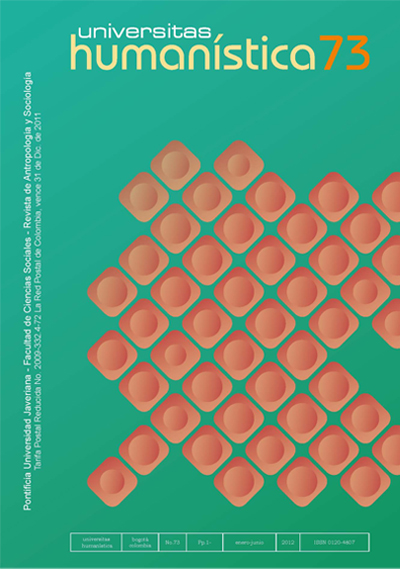Abstract
The growth of the oilseed complex in Argentina began in the mid-1970s and was consolidated in the two following decades according to the dynamics of foreign demand, the existing agro-ecological advantages for the production of oilseeds, and the incorporation of technological advances and sectorial and macroeconomic policies implemented by successive governments. In the province of Cordoba, the development of the complex is based on the production of soybeans and soybean industrial products (oil and pellets). While Argentinian soybean production has reached levels of international competitiveness, there is a process of concentration of land ownership and use and of the industry itself, among other socioeconomic impacts. There has also been a process of agriculturization based on soybean, displacing other agricultural activities, and environmental issues such as the contamination of resources through the intensive use of agrochemicals.
This journal provides immediate open access to its content on the principle that making research freely available to the public, encourages greater global exchange of knowledge.
The journal Universitas Humanística is registered under a Creative Commons Attribution 4.0 International Public License. Thus, this work may be reproduced, distributed, and publicly shared in digital format, as long as the names of the authors and Pontificia Universidad Javeriana are acknowledged. Others are allowed to quote, adapt, transform, auto-archive, republish, and create based on this material, for any purpose (even commercial ones), provided the authorship is duly acknowledged, a link to the original work is provided, and it is specified if changes have been made. Pontificia Universidad Javeriana does not hold the rights of published works and the authors are solely responsible for the contents of their works; they keep the moral, intellectual, privacy, and publicity rights.
Approving the intervention of the work (review, copy-editing, translation, layout) and the following outreach, are granted through an use license and not through an assignment of rights. This means the journal and Pontificia Universidad Javeriana cannot be held responsible for any ethical malpractice by the authors. As a consequence of the protection granted by the use license, the journal is not required to publish recantations or modify information already published, unless the errata stems from the editorial management process. Publishing contents in this journal does not generate royalties for contributors.


